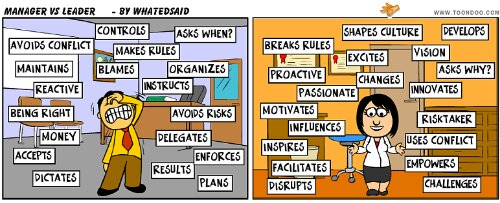In the days of old, a powerful person would send gifts and an entourage ahead to prepare their entrance.
It was a form of positioning so that by the time they arrived, they were ascribed power, respect and honor. They did this not out of mere ceremony, but because it worked.
You can’t force people to respect you, much less buy from you. They have to like you to want to do so. They want to know if you are valuable or will waste their time. They want to know about you before they meet you. This comes from how they perceive you.
There are two ways every prospect perceive sales people;
As a sales person or a value exchange expert.
Sales is all about exchanging value.
As sales people, we don’t just sell products, we exchange valuable solutions to human needs in exchange for a monetary rewards.
If you are perceived as a salesperson, then you have set the customer up to say, “No”.
If you’re still selling the hard way and would you like to position instead, Act like an expert, but think like the buyer. Act like a sales expert and sell professionally, but don’t forget to think like the buyer and sell with value exchange mindset in focus…
Buyers buy value and they only buy from those who they perceive as experts in their fields.
Owning this perception in a customers mind, helps you enter into a dialogue rather than a scripted denial typical of someone who does not trust salespeople.
The best way to position today is allowing your platform to precede you. Your platform which is your intention to exchange value for value rather than sell to buy. This is what allows a stranger to learn about your expertise and think about their problems in a focused way all the way.
This is how trust is built.
This is how your position in the mind of a buyer drifts from a seller to a value exchange expert.
Until you read from me again next week monday, always remember;
AFRICA HAS THE MARKET….
NIGERIA HAS THE NUMBERS….
ITS TIME TO INCREASE YOUR PROFIT REVENUE….
I Am Daniel ADENIYI
Your SALES LEADERSHIP COACH.
@danieladeniyiDA | BB:PIN 754585A1
+234 70 6462 5228
Connect With Us Online and Off Line.
SALES LEADERSHIP Portal.
BB:PIN : 2786C6FD
TWITTER : @salesleadportal
FACEBOOK : Sales Leadership Portal.
LINKEDIN : Sales Leadership Portal.
EMAIL : Salesleadershipportal@gmail.com
WEB : http://www.salesleadershipportal.wordpress.com







